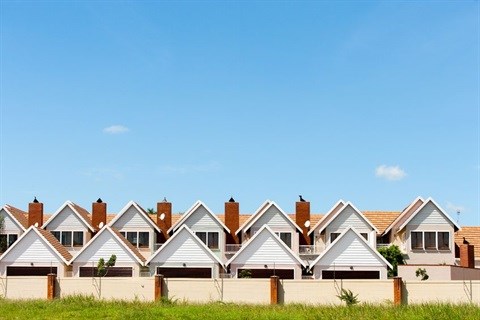






Nevertheless, says Bill Rawson, chairman of the Rawson Property Group, the overall picture remains positive.
"The national growth rate, now at around 5,5%, is more or less in line with the inflation rate and, we would all agree, not particularly exciting, especially as in many of the country areas the growth rate is now below 4,5%. However, what sceptics have to realise is that 80% of the bullish statements put out by estate agents countrywide refer to property in the major metropolitan areas - Tshwane (Pretoria), Ethekwini (Durban), Johannesburg and Cape Town, with Port Elizabeth now starting to shape as another good performing area," Rawson says.
"In these cities' CBDs and their more conveniently sited suburbs, annual rises of anything from 7 to 19% are the order of the day. The reason for this is that demand still outstrips supply and relatively few new developments are taking place."
Cape Town, according to the Rawson Property Group's figures, has over the last four or five years been by far the most consistent performer and even now is achieving price growth in the region of 11%. But recently, Gauteng prices have been rising at ± 13% and in KwaZulu-Natal, high demand areas such as Umhlanga and Berea have seen price rises of over 15% per annum.
Demand is being driven by the newly empowered middle class, who are now, after a temporary lull, once again ensuring that lower bracket homes (those priced between R500,000 and R1m) are achieving the fastest growth rate - at around 14% per annum.
Furthermore, demand is also being boosted by a steady influx of investors who appreciate only too well that a large proportion of South Africa's citizens are unable to buy and are forced to rent, particularly if they wish to live reasonably close to their work area.